Funny English mistakes can happen to anyone, no matter how fluent they are. From minor grammar slips to hilariously wrong word choices, these blunders can sometimes lead to confusion—or even unintentional offense. But more often than not, they’re just downright funny. Some of these mistakes are so absurd, it’s hard to believe they weren’t made on purpose! Beyond the laughs, they serve as a reminder of how important it is to proofread and double-check our words. So the next time you spot a typo or a language slip, don’t be too quick to judge—it might just give you a good chuckle. We’ve gathered some of the most amusing and widely shared funny English mistakes for you to enjoy. Scroll through and let us know your favorites!
1.

2.

3.

4.

5.

6.

7.

Funny English mistakes or typos, also known as “Engrish,” occur when the spelling or grammar of English words is incorrectly translated or transliterated from another language. These typos can be found on signs, packaging, and other written materials. Examples include “beef noodle” instead of “beef noodle soup,” “mental and physical training” instead of “mental health and physical fitness,” and “slippy” instead of “slippery.” These typos can be amusing to native English speakers and are often shared on social media. However, it’s important to remember that they can also cause confusion and should be corrected when possible.
8.

9.

10.

11.

12.

13.

14.

15.

English typos can be a source of endless amusement for those of us who speak the language. From “I cn yuo red tihs” to “Free misteke” these mistakes can be found everywhere, from billboards to menus. Imagine ordering a “side of flies” instead of “fries” at a restaurant or “exiting” a building instead of “existing.” These typos can be so comical that they even get their own dedicated social media accounts and memes. But let’s not forget, these funny mistakes can also cause confusion, so it’s best to double-check our work before sending it out into the world.
16.
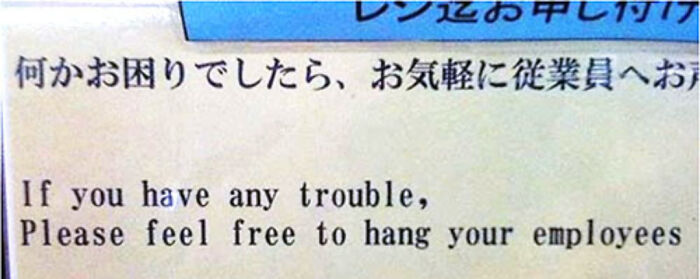
17.

18.

19.

20.

21.

22.

23.

24.
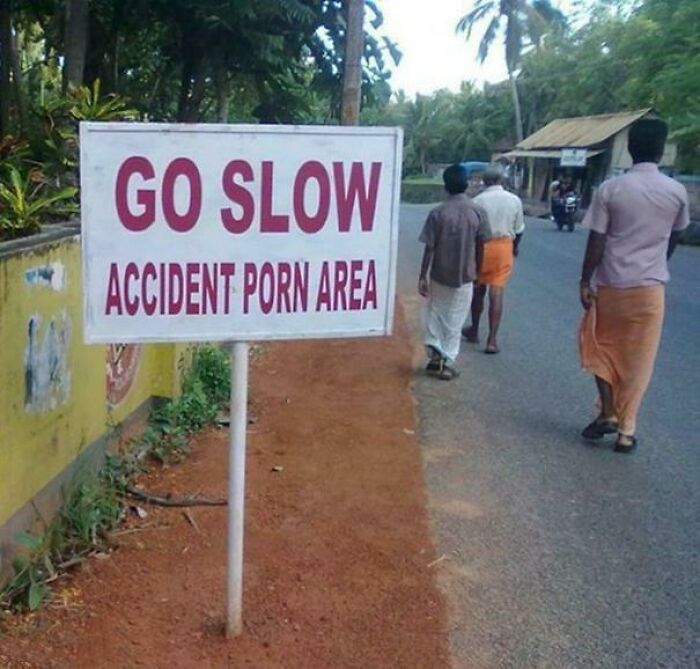
25.

26.
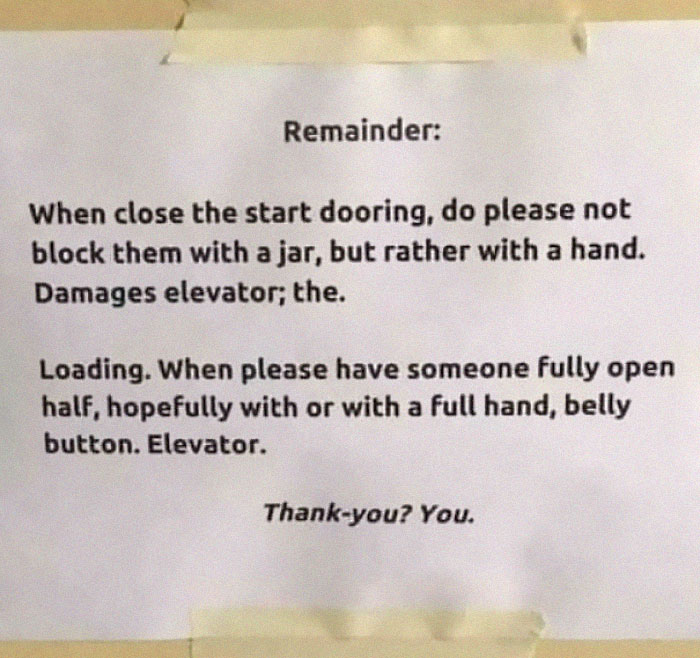
27.

28.

29.

30.

31.
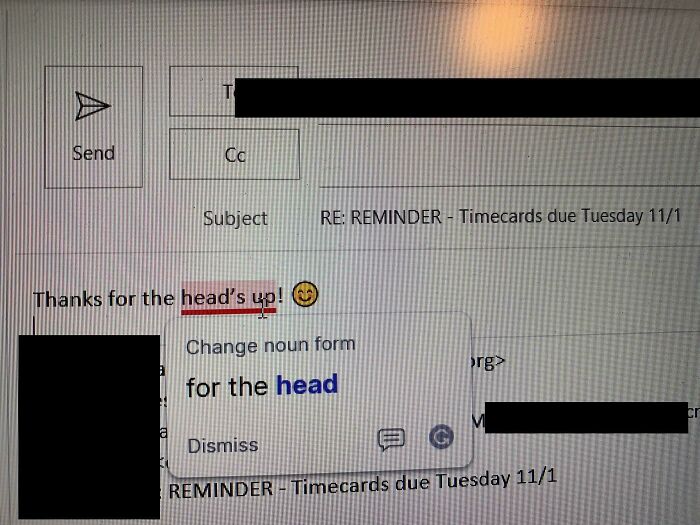
32.

33.

34.
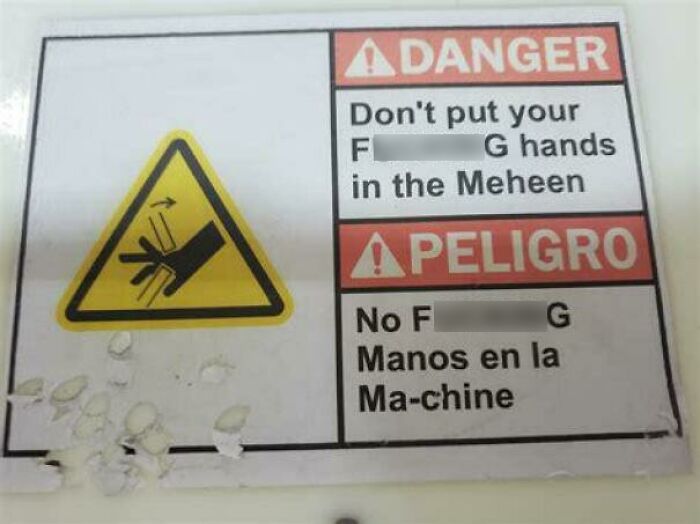
35.

36.

37.

38.

39.

40.
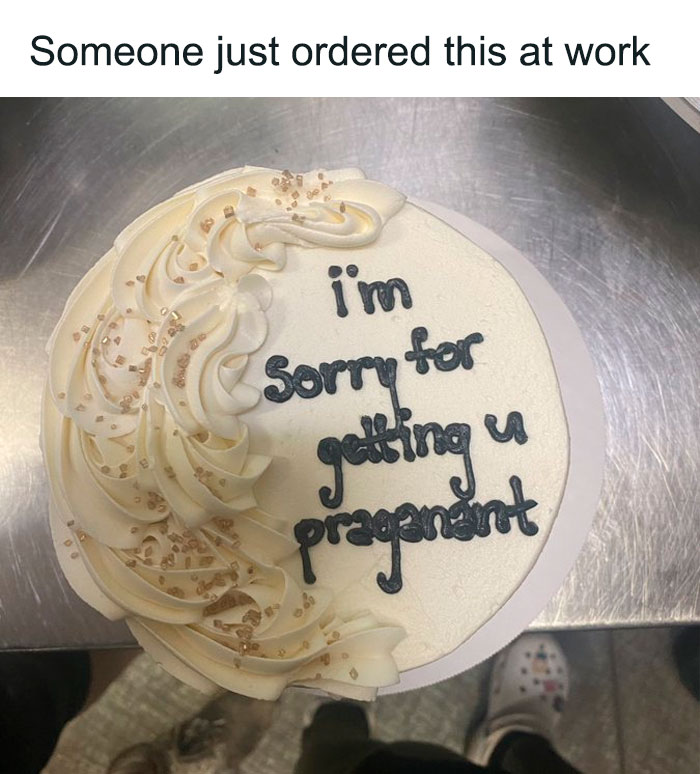
In conclusion, unfortunate English mistakes can happen to anyone and can have serious consequences such as miscommunication, offense or damage to relationships. It is essential to proofread, revise and be aware of the cultural context of your audience before sending any text. Taking these precautions can help avoid these unfortunate mistakes and can help improve communication.







